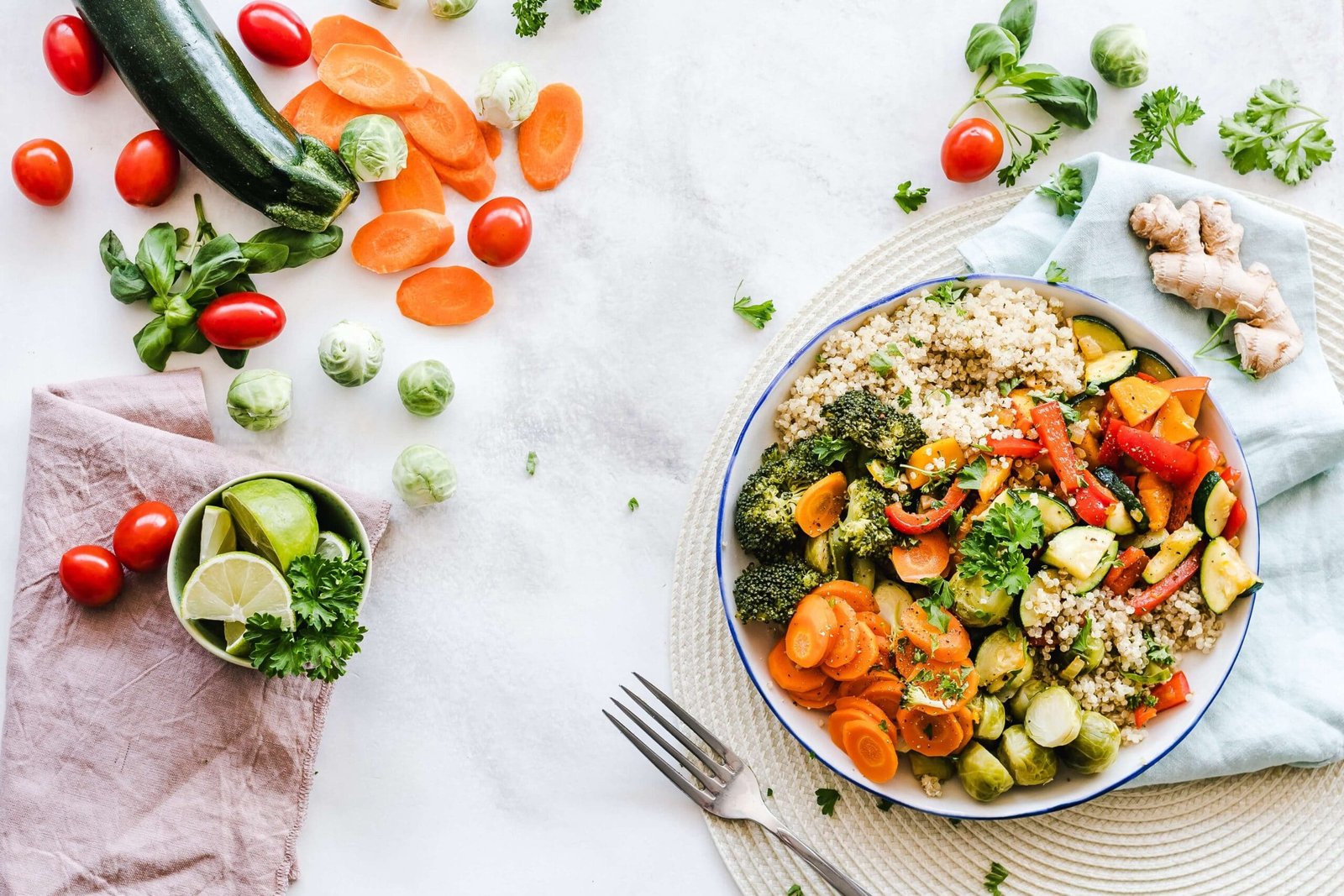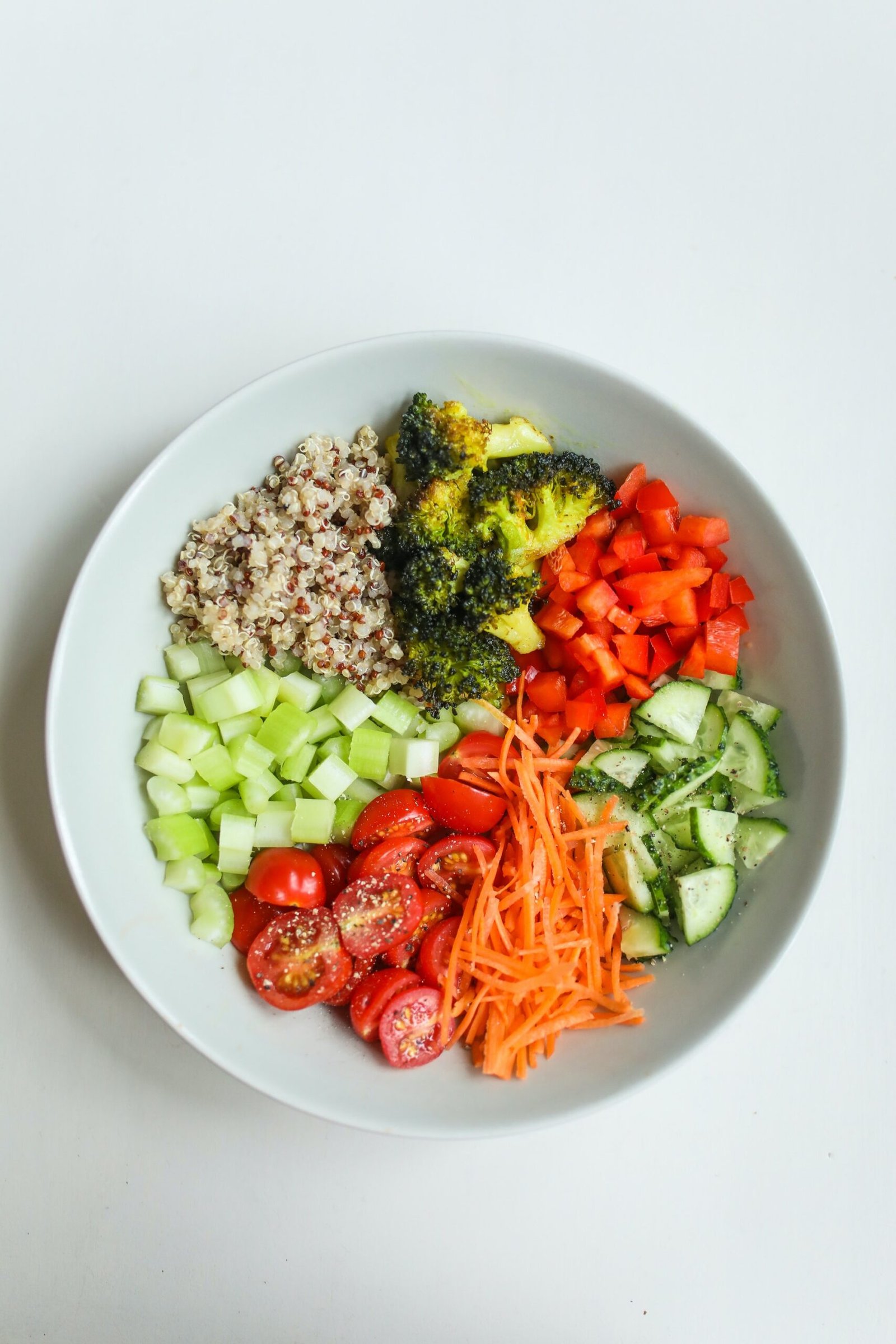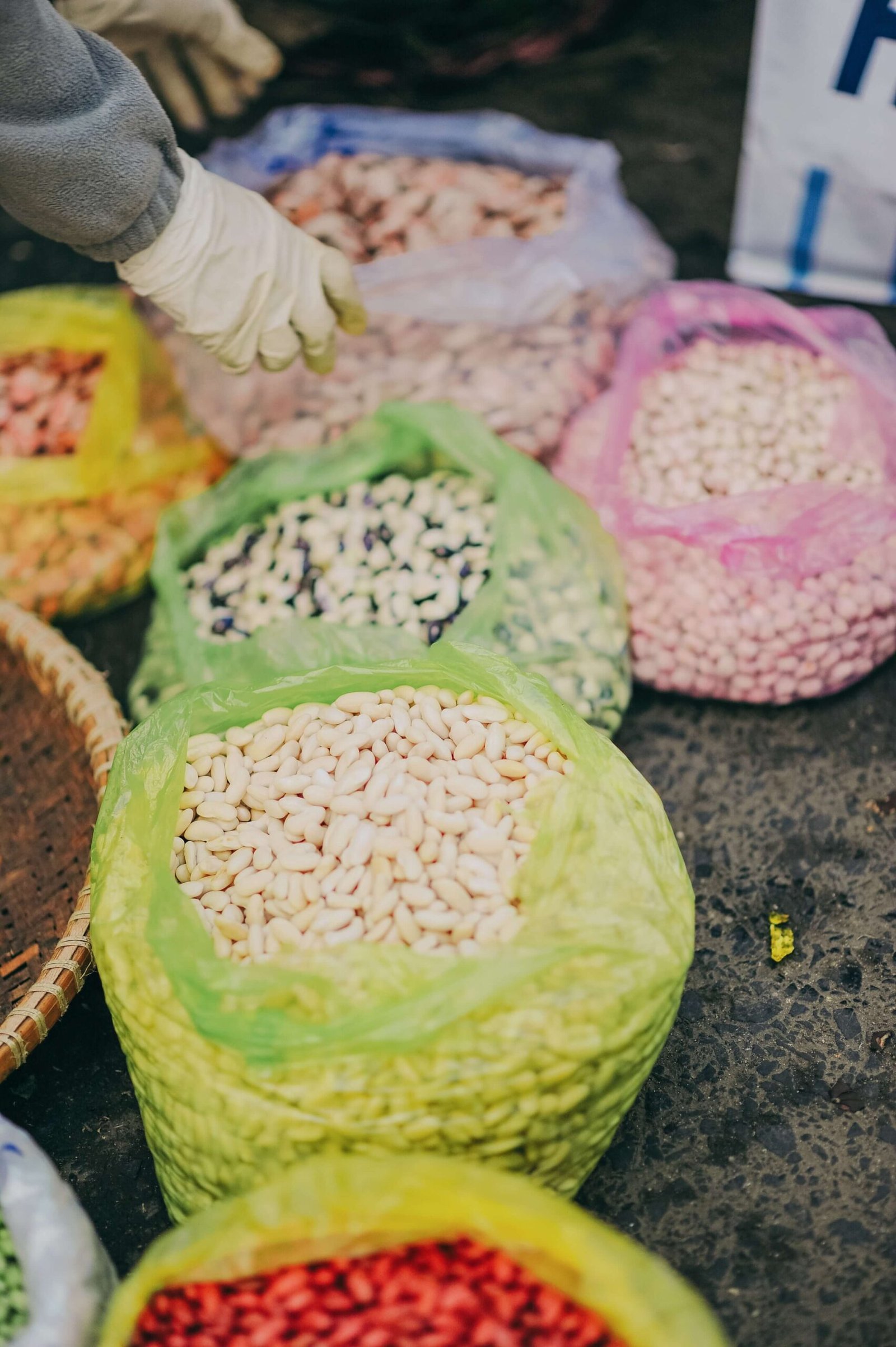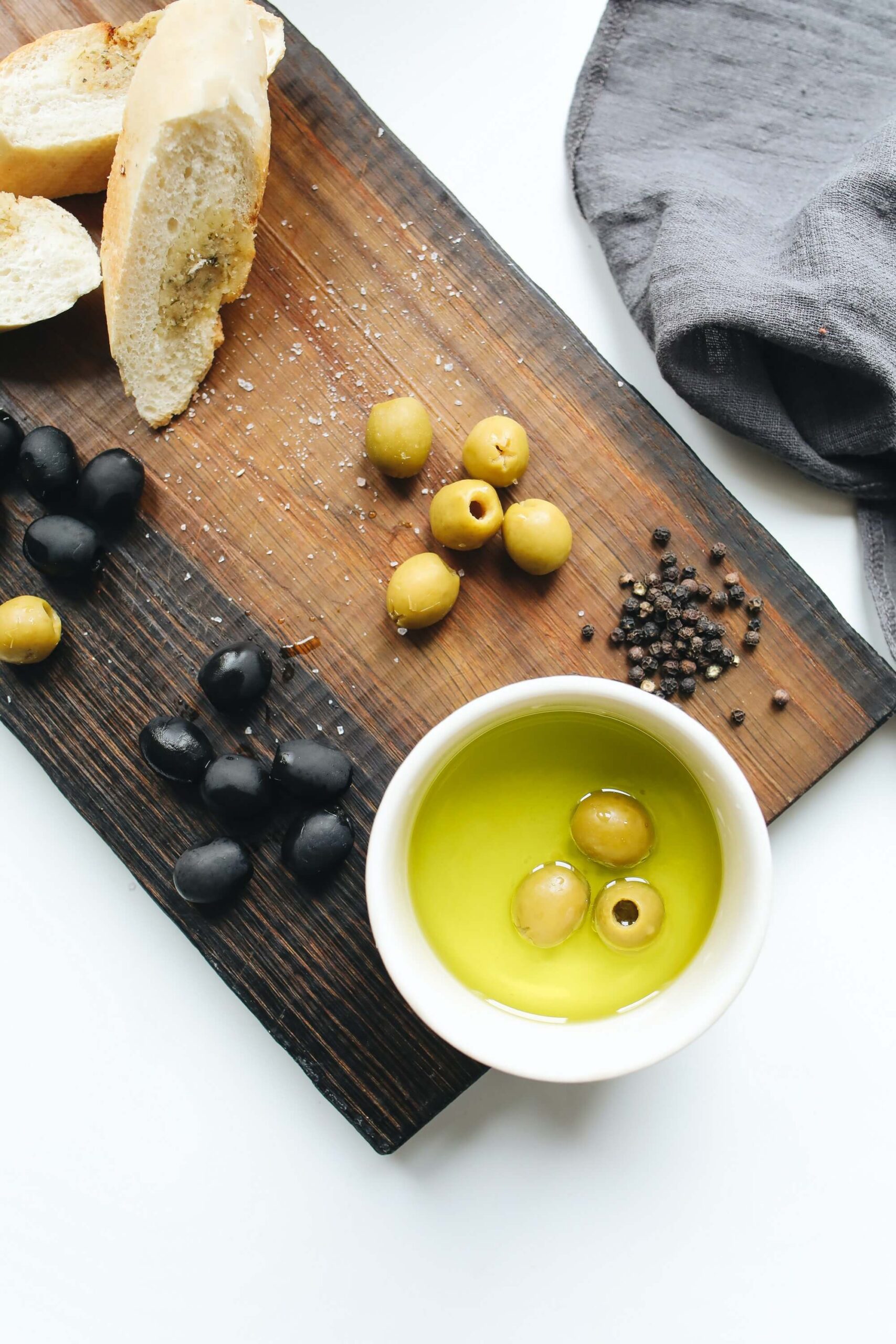Mediterranean Diet- How Does it Work? 9 Quick Guide
 Dietary Guidelines for Mediterranean Diet
Dietary Guidelines for Mediterranean Diet
The Mediterranean diet is one of the most healthy diets. It focuses on consuming nutrient-dense foods without counting calories or eliminating any specific foods. We exercise dairy and poultry in lesser amounts. However, this “diet” is not regulated, like numerous fad diets;
Traditionally, communities living in the Mediterranean have prioritized physical activity, social interaction, and relaxation, besides moderate wine consumption. The U.S. defines consumption of wine as five ounces or less daily for women (about one glass) and ten ounces or less daily for men.
The Mediterranean Diet How Does It Operate?
It’s up to you to determine how many calories to eat to lose or preserve your weight. It’s a consuming pattern, not a structured diet. What you’ll do to remain active and how you’ll lose weight, your activity level, and what Mediterranean meal method you’ll follow.
Begin with the Mediterranean diet pyramid. You’re excellent to go! Don’t forget to remain physically active and enjoy your red wine (if you like).
Women who should imbibe a glass of wine a day should imbibe two a day if their doctor approves.
Quick Guide
Part of the reason why Mediterranean diets vary from nation to nation is their nutritional composition.
In studies, healthy plant foods dominated the diet, while animal foods played a slightly limited role.
1. Absorbing fish and seafood at least twice in a week is recommended.

Click Here To Get Carbofix (Limited Supplies)
Regular exercise, sharing meals, and enjoying life are also ingredients of the Mediterranean lifestyle.
Here are several healthy, unprocessed Mediterranean foods you have to consume:
2. Tobacco, broccoli, kale, spinach, onions, cauliflower, carrots, Brussels sprouts, cucumbers, etc.

Apples, bananas, oranges, pears, strawberries, grapes, dates, figs, melons, and peaches are several fruits.
Walnuts, almonds, macadamia nuts, hazelnuts, cashews, sunflower seeds, pumpkin seeds, etc.
3. Plants that are beans, lentils, peas, chickpeas, and peanuts are legumes.

4. Grain: barley, sunless rice, brown rice, rye, buckwheat, wheat, grain bread, and pasta.
5. Fishery and seafood: salmon, trout, sardines, tuna, mackerel, clams, crabs, mussels, oysters.
6. Meats include chicken, duck, turkey, and other poultry.
7. Dairy products such as cheese, yogurt, Greek yogurt, and so on.

8. Spices and herbs: Garlic, basil, mint, rosemary, sage, nutmeg, cinnamon, pepper, etc.

9. Extra virgin olive oil, olives, avocados, and avocado oil are all healthy fats.

What are the challenges of following the Mediterranean diet?
Because it does not prohibit all food groups, following a Mediterranean diet for an extended period of time should not cause stress.
Mediterranean diets are convenient. When you want to cook, there’s a recipe and a commonly confused word for wine that will transport you to the other side of the Atlantic.
Easy-to-follow tips from Oldways will assist you with meals and prepare meals more efficiently. If you’re with a friend, you can share a hefty entree when dining out.
A Mediterranean recipe guide, including this one featuring meals that are all under $2 per serving, can be found on Oldways. Alternatively, a simple Google search will reveal several healthy Mediterranean meal ideas.
If you’re following a Mediterranean diet and dining out, embrace the diet’s affinity for sharing by ordering one entree for each of you.
Start with a house salad or order additional veggies a la carte to get your fill.
Preparing and storing meals ahead of time can protect your time on the Mediterranean diet.
If you charge your time over your wallet, you’ll have to hire someone to plan, shop for, and prepare your meals.
The Oldways internet site offers a variety of free resources about Mediterranean diets.
Food pyramids
Gender- and age-specific tips for making the Mediterranean; a recipe glossary defining Mediterranean staples from bruschetta to tapenade is all included.
On this diet, starvation shouldn’t be an issue;
Fiber and healthy fats are filling, and you’ll eat lots of fiber-packed wholes and complete grains while cooking with satiating fats like olive oil.
Baseline
Mediterranean nutrition is not a “diet,” as today’s diets are. There are a lot of nutrient-dense foods added in this old-fashioned consuming style.
Research shows that the Mediterranean diet is connected with various health benefits, primarily heart health.
Moreover, old-fashioned Mediterranean living may be more healthy than you think. It seems that people living in the regions where this diet originates tend to like a lifestyle that values nutritious foods, physical activity, social gatherings, and relaxation, all of which are favorable to health.



